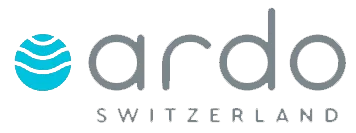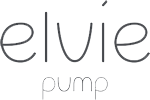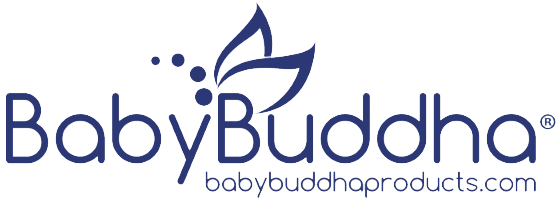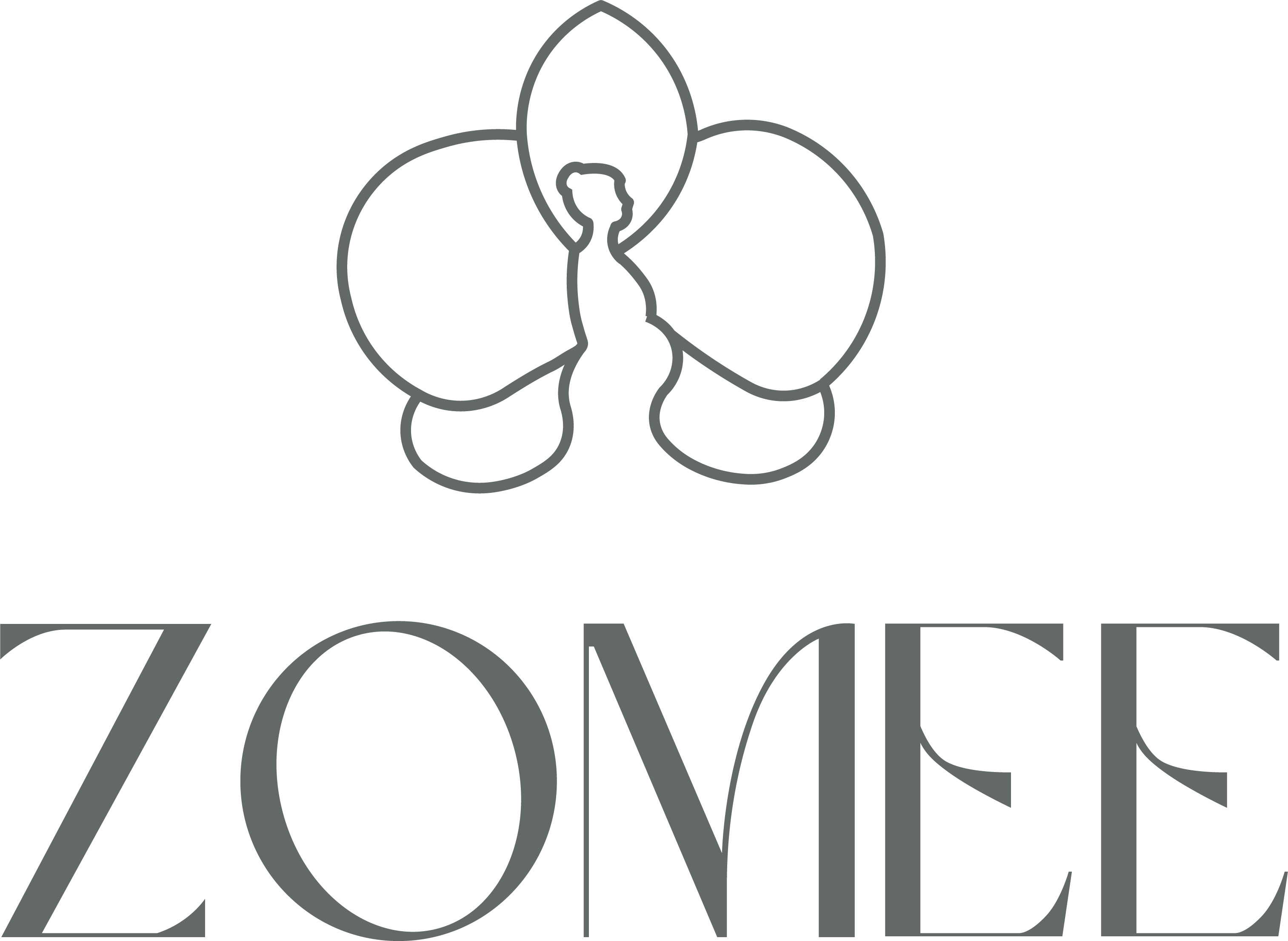Benefits of Breastfeeding for Moms and Baby
Importance of Breast Feeding for New Moms and New Born Babies
Breastfeeding has a lot of clinically-proved benefits for you and your baby. Studies have shown that breastfeeding protects your baby from a long list of illnesses. Studies from all over the world show that stomach viruses, lower respiratory illnesses, ear infections, and meningitis occur less often in breastfed babies. InsuranceCoveredBreastPumps.com and its parent company, Medsource LLC’s goal is to provide quality breast pumps and accessories to help create a positive breastfeeding experience for both moms and babies. The organization is contracted with most major medical plans and will work with your insurance company so you can receive your breast pump at little to no out of pocket cost. Here are other reasons why breastfeeding is good for you and your baby:
First seen on (http://www.fitpregnancy.com/baby/breastfeeding/20-breastfeeding-benefits-mom-baby)
Breastfeeding your baby brings all these benefits—plus a whole lot more.
1. A healthier baby “The incidences of pneumonia, colds and viruses are reduced among breastfed babies,” says infant-nutrition expert Ruth A. Lawrence, M.D., a professor of pediatrics and OB-GYN at the University of Rochester School of Medicine and Dentistry in Rochester, N.Y., and the author of Breastfeeding: A Guide for the Medical Profession (Elsevier-Mosby). Gastrointestinal infections like diarrhea—which can be devastating, especially in developing countries—are also less common.
2. Long-term protection, too Breastfeed your baby and you reduce his risk of developing chronic conditions, such as type I diabetes, celiac disease and Crohn’s disease.
3. Stronger bones According to Lawrence, women who breastfeed have a lower risk of postmenopausal osteoporosis. “When a woman is pregnant and lactating, her body absorbs calcium much more efficiently,” she explains. “So while some bones, particularly those in the spine and hips, may be a bit less dense at weaning, six months later, they are more dense than before pregnancy.”
4. Lower SIDS risk Breastfeeding lowers your baby’s risk of sudden infant death syndrome by about half.
5. Fewer problems with weight It’s more likely that neither of you will become obese if you breastfeed him.
6. A calorie incinerator You may have heard that nursing burns up to 500 calories a day. And that’s almost right. “Breast milk contains 20 calories per ounce,” Lawrence explains. “If you feed your baby 20 ounces a day, that’s 400 calories you’ve swept out of your body.”
7. It’s good for the earth Dairy cows, which are raised in part to make infant formula, are a significant contributor to global warming: Their belching, manure and flatulence (really!) spew enormous amounts of methane, a harmful greenhouse gas, into the atmosphere.
8. Better healing postdelivery The oxytocin released when your baby nurses helps your uterus contract, reducing postdelivery blood loss. Plus, breastfeeding will help your uterus return to its normal size more quickly—at about six weeks postpartum, compared with 10 weeks if you don’t breastfeed.
9. Less risk of cancer Breastfeeding can decrease your baby’s risk of some childhood cancers. And you’ll have a lower risk of premenopausal breast cancer and ovarian cancer, an often deadly disease that’s on the rise.
10. An unmatched feeling of power “It’s empowering as a new mother to see your baby grow and thrive on your breast milk alone,” Lawrence says.
11. A custom-made supply Formula isn’t able to change its constitution, but your breast milk morphs to meet your baby’s changing needs. Colostrum—the “premilk” that comes in after you deliver—is chock-full of antibodies to protect your newborn baby. “It’s also higher in protein and lower in sugar than ‘full’ milk, so even a small amount can hold off your baby’s hunger,” says Heather Kelly, an international board-certified lactation consultant in New York City and a member of the Bravado Breastfeeding Information Council’s advisory board.
When your full milk comes in (usually three to four days after delivery), it is higher in both sugar and volume than colostrum—again, just what your baby requires. “He needs a lot of calories and frequent feedings to fuel his rapid growth,” Kelly explains. “Your mature milk is designed to be digested quickly so he’ll eat often.”
12. More effective vaccines Research shows that breastfed babies have a better antibody response to vaccines than formula-fed babies.
13. A menstruation vacation Breastfeeding your baby around the clock—no bottles or formula— will delay ovulation, which means delayed menstruation. “Breastfeeding causes the release of prolactin, which keeps estrogen and progesterone at bay so ovulation isn’t triggered,” Kelly explains.
“When your prolactin levels drop, those two hormones can kick back in, which means ovulation—and, hence, menstruation—occurs.”
Even if you do breastfeed exclusively, your prolactin levels will eventually drop over the course of several months. Many moms who solely nurse will see their periods return between six and eight months after delivery, Kelly adds; others don’t for a full year.
14. Less time off work Your baby will be ill less often, so that means fewer sick days for you.
15. It’s cheap! According to La Leche League International, the cost of formula can range anywhere from $134 to $491 per month. That’s $1,608 to $5,892 in one year!
16. A great way to learn about your baby “You have to read your baby’s ‘satiety cues’ a little better, because unlike with a bottle, you can’t see how much he’s eaten,” Kelly says. “You have to rely on your own instincts and your baby’s behavior to know when your baby is full.”
17. You can stash the condoms—for now Breastfeeding can be 98 percent to 99 percent effective as a post-baby birth control option if a few guidelines are followed: Your period must not have resumed; you must breastfeed at least every four hours around the clock; you must not give your baby any pacifiers, bottles or formula; and you must be less than six months postpartum.
According to Kelly, nighttime feedings are the most important to the “lactation amenorrhea method,” so do not let your baby (or yourself ) sleep through a feeding. “Going long stretches at night without nursing seems to be directly responsible for the return of ovulation,” she says. Prematurely sleep training your baby can also hasten ovulation.
18. There’s nothing easier Simply pull up your shirt and nurse. Breast milk is always available and always at the right temperature.
19. Benefits for all According to a study published in the journal Pediatrics, the United States would save about $13 billion per year in medical costs if 90 percent of U.S. families breastfed their newborns for at least six months.
20. Better friendships “Breastfeeding helps cultivate relationships with other moms,” Kelly says. Whether it’s talking about parenting styles, nighttime feedings or engorgement, nursing allows women to forge positive postpartum relationships. Adds Kelly, “Women are supposed to be sitting together, nursing and taking care of babies.”
Indeed, breastfeeding remains a personal choice for mothers. For those who are still undecided about breastfeeding their babies, here are other pieces of information about the benefits for both mother and child which can help you decide on the matter:
First seen on (http://www.webmd.com/parenting/baby/nursing-basics)
What Are the Benefits of Breastfeeding for Your Baby?
Breast milk provides the ideal nutrition for infants. It has a nearly perfect mix of vitamins, protein, and fat — everything your baby needs to grow. And it’s all provided in a form more easily digested than infantformula. Breast milk contains antibodies that help your baby fight off viruses and bacteria. Breastfeeding lowers your baby's risk of havingasthma or allergies. Plus, babies who are breastfed exclusively for the first 6 months, without any formula, have fewer ear infections, respiratory illnesses, and bouts of diarrhea. They also have fewer hospitalizations and trips to the doctor.
Breastfeeding has been linked to higher IQ scores in later childhood in some studies. What's more, the physical closeness, skin-to- skin touching, and eye contact all help your baby bond with you and feel secure. Breastfed infants are more likely to gain the right amount ofweight as they grow rather than become overweight children. The AAP says breastfeeding also plays a role in the prevention of SIDS (sudden infant death syndrome). It’s been thought to lower the risk of diabetes,obesity, and certain cancers as well, but more research is needed.
Are There Breastfeeding Benefits for the Mother?
Breastfeeding burns extra calories, so it can help you lose pregnancy weight faster. It releases the hormone oxytocin, which helps your uterus return to its pre-pregnancy size and may reduce uterine bleeding after birth. Breastfeeding also lowers your risk of breast andovarian cancer. It may lower your risk of osteoporosis, too. Since you don’t have to buy and measure formula, sterilize nipples, or warm bottles, it saves you time and money. It also gives you regular time to relax quietly with your newborn as you bond.
If you have finally decided to breastfeed your baby, breast pumps actually make breastfeeding easier as it facilitates the extraction of milk. There are several types of breast pumps along with their advantages. Read about it here:
First seen on (http://www.mayoclinic.org/healthy-lifestyle/infant-and-toddler-health/in-depth/breast-feeding/art-20046850)
Should you invest in an electric breast pump? A double pump? A lightweight pump? If you’re in the market for a breast pump, ask yourself these questions and more.
Many breast-feeding mothers consider breast pumps as important as car seats and baby wipes. Whether you’re going back to work or simply want the flexibility a breast pump can offer, you’ll have many choices. Here’s help deciding which type of breast pump is best for you.
How often will you use the breast pump?
If you’ll be away from the baby only occasionally and your milk supply is well-established, a simple hand pump might be all you need. You simply place a cone-shaped shield on your breast and squeeze the handle to express the milk. If you’re returning to work full time or you’re planning to be away from your baby for more than a few hours a day, an electric pump is a better option.
Consider waiting to get a pump until after your baby is born, when you might better know how you’ll be using it.Will you need to pump as quickly as possible?
A typical pumping session lasts about 10 to 15 minutes a breast. If you’ll be pumping at work or in other time-crunched situations, you might want to invest in an electric breast pump that allows you to pump both breasts at once. A double-breast pump helps stimulate milk production while reducing pumping time by half.
How much can you afford to spend on the pump?
You can buy breast pumps from medical supply stores and most drugstores and baby stores, as well as many discount department stores. Electric pumps typically cost more than manual models. Because there’s a small risk of contamination, don’t borrow or buy a used personal-use breast pump.You might also consider renting a hospital-grade electric breast pump from a hospital or medical supply store — especially if you’re pumping milk while your baby is hospitalized or you’ve chosen to feed your baby expressed milk rather than breast-feed your baby. If you rent a pump, you’ll need to buy the equipment that attaches your breast to the pump (pumping kit).Most health insurance plans cover the cost of buying or renting a breast pump.
through Friday.











